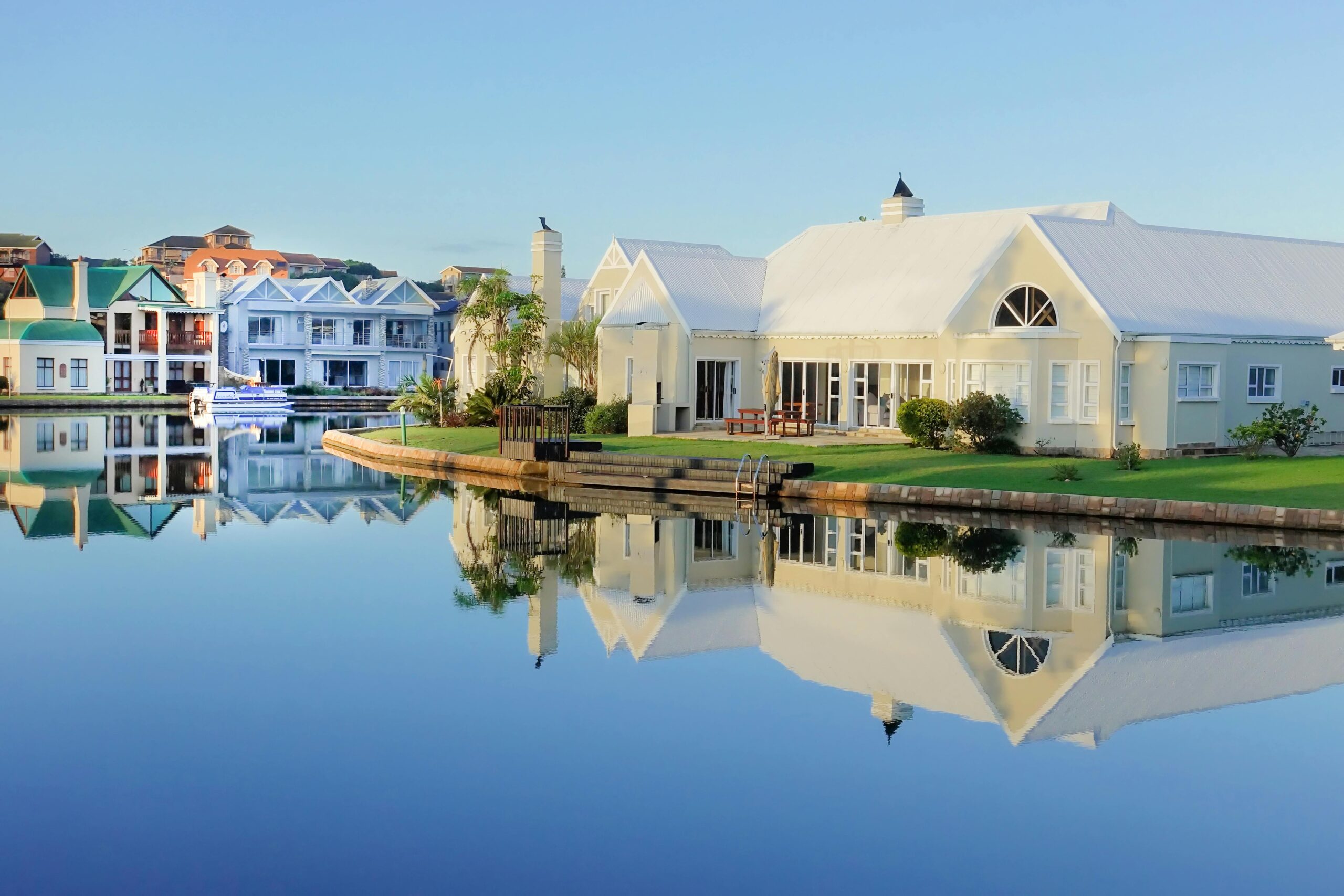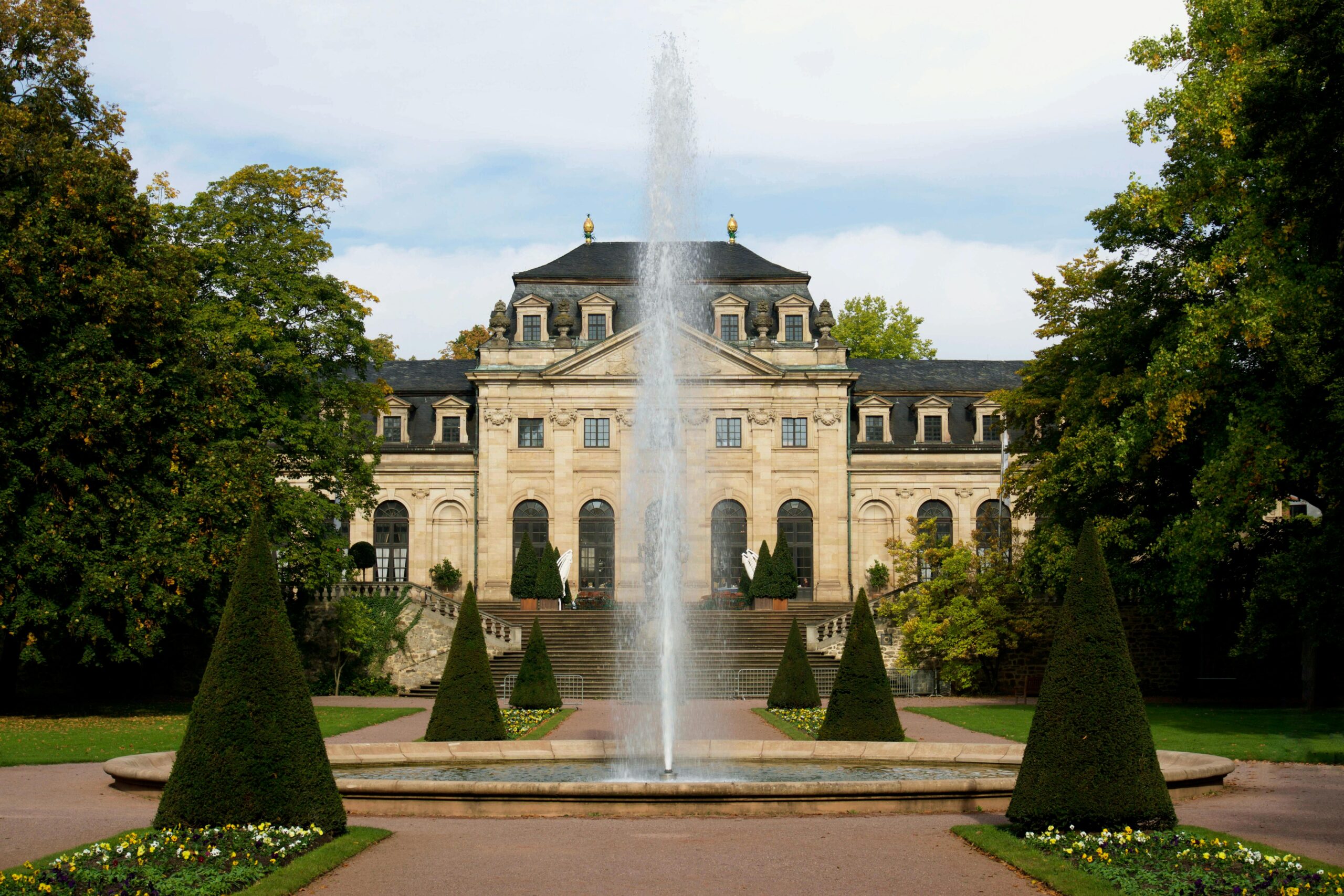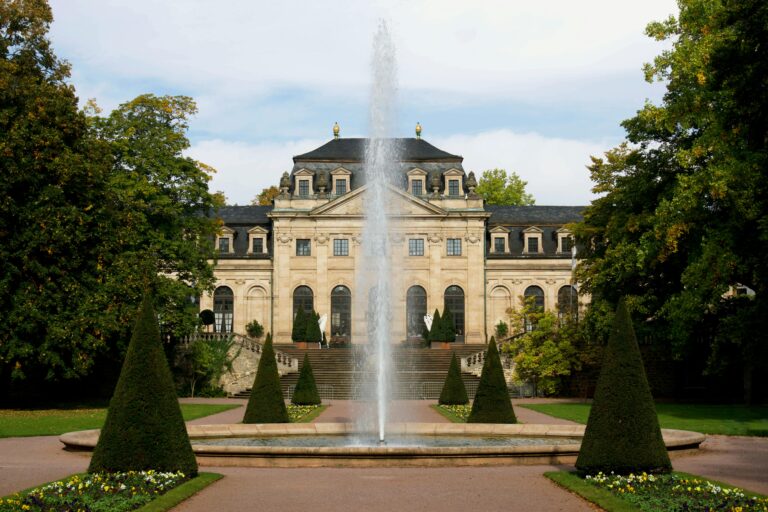
In Los Angeles, the glitz of Hollywood has long dominated headlines in the high-end real estate market. But a subtler force is now reshaping the city’s luxury housing landscape: tech wealth. As Silicon Beach concentrates in Santa Monica, Venice Beach, and Playa Vista accelerates, it is fueling a surge in demand for prime homes, bringing a new set of buyers that real estate professionals in L.A. are learning to understand and cater to.
A New Breed of Buyer
Traditionally, L.A.’s luxury real estate has been driven by movie stars, foreign investors, and long-time coastal elite. Now, technology billionaires and millionaires are becoming major players. Among them are well-known names like Elon Musk, who owns a sprawling Bel Air estate, and Evan Spiegel, the CEO of Snapchat, who moved into a multi-million-dollar Brentwood home. These are not outliers they represent a growing trend.
Notably, even tech leaders who don’t live in L.A. have started acquiring properties there. Sean Parker, Napster’s co-founder, purchased the iconic Brody House in Holmby Hills, while Markus “Notch” Persson, creator of Minecraft, spent roughly $70 million on a spec mansion in Beverly Hills. Venture-backed founders and investors those who have cashed out or raised major funding rounds are also coming in strong, deploying surplus capital into real estate as part of their wealth strategy.
What Tech Buyers Want
Agents in the city say that tech buyers behave differently than traditional luxury buyers. Many of these new entrants don’t want to invest in properties that need excessive renovation; they prefer homes that are already move-in ready. Greg Harris, an estate director at Compass, notes that these buyers don’t have the bandwidth to manage a major renovation project.
Location is another major factor: walking distance or easy biking distance to their offices is a top priority. That’s because many tech jobs in L.A. are clustered in Silicon Beach, and long commutes through L.A.’s notorious traffic are generally unappealing especially for younger tech professionals. The premium for this convenience has already driven up real estate prices in surrounding neighborhoods, helping push up valuations in areas that were once more affordable or overlooked.
David Kramer of the David Kramer Group observes that these buyers are younger on average than typical luxury real estate buyers. Many are not yet raising families. Their preferences for dense, walkable neighborhoods and modern, amenity-rich homes are gradually changing what “luxury” means in Los Angeles.
The Geography of Tech-Driven Wealth
This influx of tech money is not uniformly distributed across L.A.; it is reshaping particular pockets of the city. Neighborhoods near Silicon Beach are benefiting most directly. Over the past years, places like Santa Monica and Venice have seen steep price appreciation as tech workers and founders snapped up homes or investments near their workplaces.
In Santa Monica, for instance, property values have surged, reflecting both supply constraints and a surge in demand from tech buyers. Neighborhoods that were once defined by beachfront bungalows or more laid-back coastal vibes are now home to sleek modern architecture, spec mansions, and high-density developments.
Kramer argues that the way Angelenos shop for homes is undergoing a generational shift. In the past, many wealthy buyers sought hilltop seclusion. Today, proximity to work, lifestyle, and walkability are increasingly valuable, much like in New York City. Areas that were once considered undesirable for urban density are now in high demand because they meet the preferences of this younger, tech-driven cohort.
The Role of Out-of-Town Tech Money
Beyond local tech professionals, out-of-town tech giants are also making their mark. Executives from Silicon Valley, successful entrepreneurs, and venture capitalists are purchasing homes in L.A., viewing the city not only as a place to live but as a way to diversify their real estate portfolios. The presence of high-profile names, from Google execs to startup founders, is giving new prestige to neighborhoods that were historically championed by celebrities.
These buyers are often at the top tier of wealth and use the L.A. real estate market both as a lifestyle investment and a hedge against volatile tech equity. Their transactions range from downtown lofts to ocean-facing mega-mansions, contributing to the overall sophistication and depth of L.A.’s luxury property scene.
How L.A. Is Adapting
Luxury real estate agents are retooling their practices to serve this new demographic. Brokerages are increasingly marketing homes using features that resonate with tech buyers: smart home capabilities, sustainability, minimalist modern aesthetics, and proximity to bike lanes or public transit. The traditional celebrity-name property may remain a staple, but so too does the clean-lined, high-performance home marketed to entrepreneurs and engineers.
The changes aren’t just cosmetic. Developers and architects are refocusing on density, walkability, and mixed-use projects that cater to younger, affluent buyers who don’t necessarily want a sprawling estate in the hills. These preferences play into broader urban planning debates in L.A. about the future of housing, infrastructure, and the city’s character.
Broader Impacts on L.A.’s Socioeconomics
The rush of tech capital is reshaping more than just house prices; it’s also altering the social and economic landscape of neighborhoods. In areas like Venice Beach and Playa Vista, the influx of high-income tech workers has changed demand for amenities, local services, and real estate typologies.
Some longtime residents worry about affordability and displacement, as rising housing costs push up property taxes, rent, and the cost of living. Meanwhile, neighborhood dynamics shift: low-density, car-centered lifestyles are giving way to denser, more pedestrian-friendly communities that feel more urban than suburban.
At the same time, this money is supporting new development that could yield long-term benefits for the city: modern, energy-efficient homes; greater demand for infrastructure improvements; and potential growth in mixed-use developments that align with sustainable urban goals.
Not the Whole Story, But a Powerful Force
It’s important to note that tech money is not the only force driving demand in L.A.’s luxury real estate market. Hollywood continues to be influential, and foreign buyers, especially from Asia and the Pacific Rim, remain a consistent and powerful presence. But with tech investment, a new dynamic is emerging: one driven by innovation rather than fame; by entrepreneurship instead of entertainment; by capital that is tied to global technology trends.
Furthermore, the tech wave in L.A. is still relatively young compared to older hubs like San Francisco or New York. The full impact of this shift may take years to materialize, but the early signs are already reshaping how people think about L.A. real estate.

The Future of L.A. Real Estate Could Be Tech-Led
What happens next will depend on several key factors: whether the city’s infrastructure can keep up, how zoning policies evolve, and whether real estate developers lean into or resist the tech-driven trend. Will L.A. become a true “tech city” in its real estate identity, or will Hollywood and global capital continue to dominate?
One thing is clear: technology-driven wealth has already introduced a powerful new actor in Los Angeles’s real estate game. As more engineers, founders, and investors call L.A. home, or at least invest in its luxury properties, the city’s housing narrative is being rewritten.
If L.A.’s luxury market was once defined by A-list actors and global investors, it may now increasingly be charted by coders, entrepreneurs, and venture capitalists, and that could change everything.





